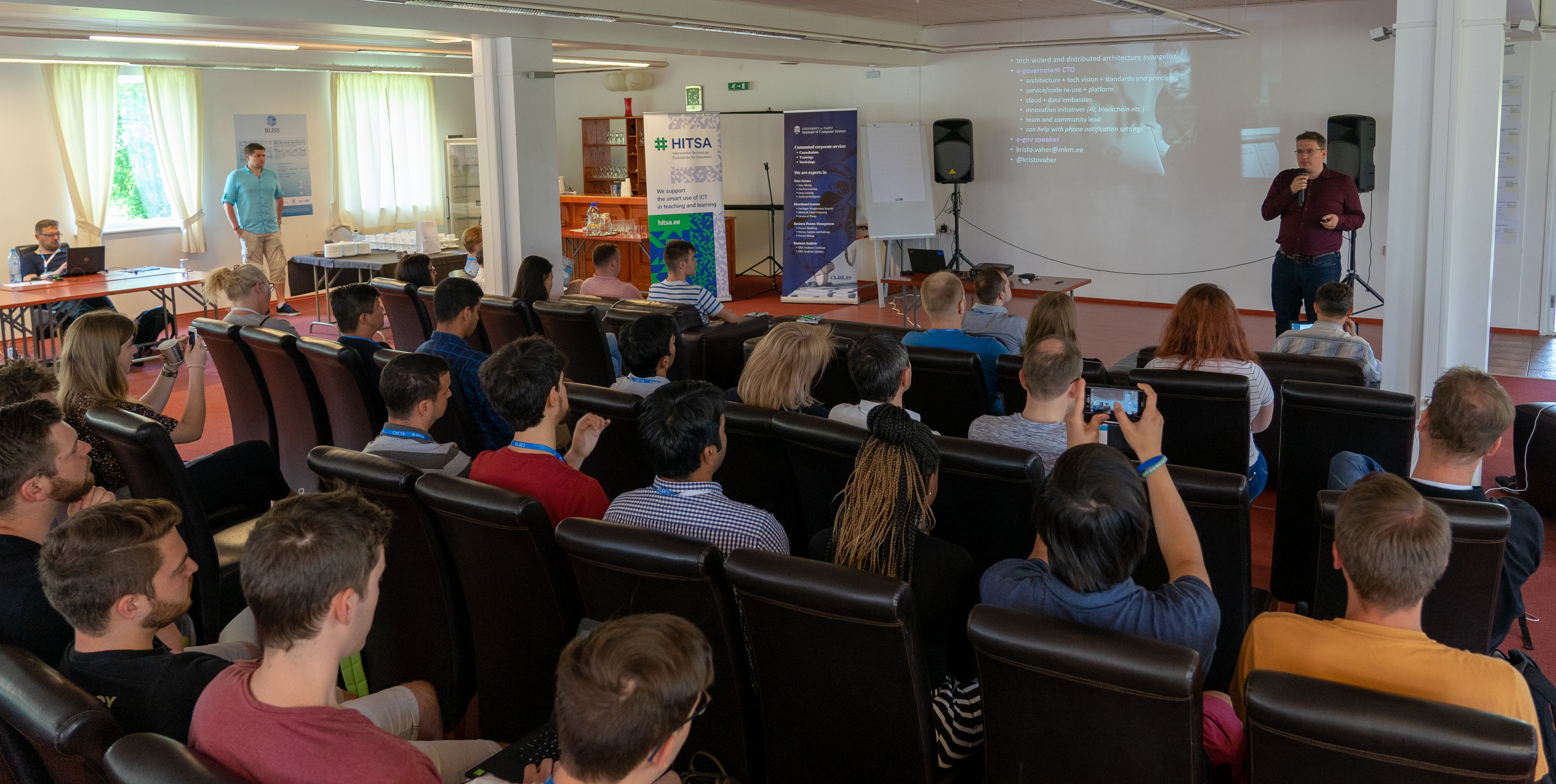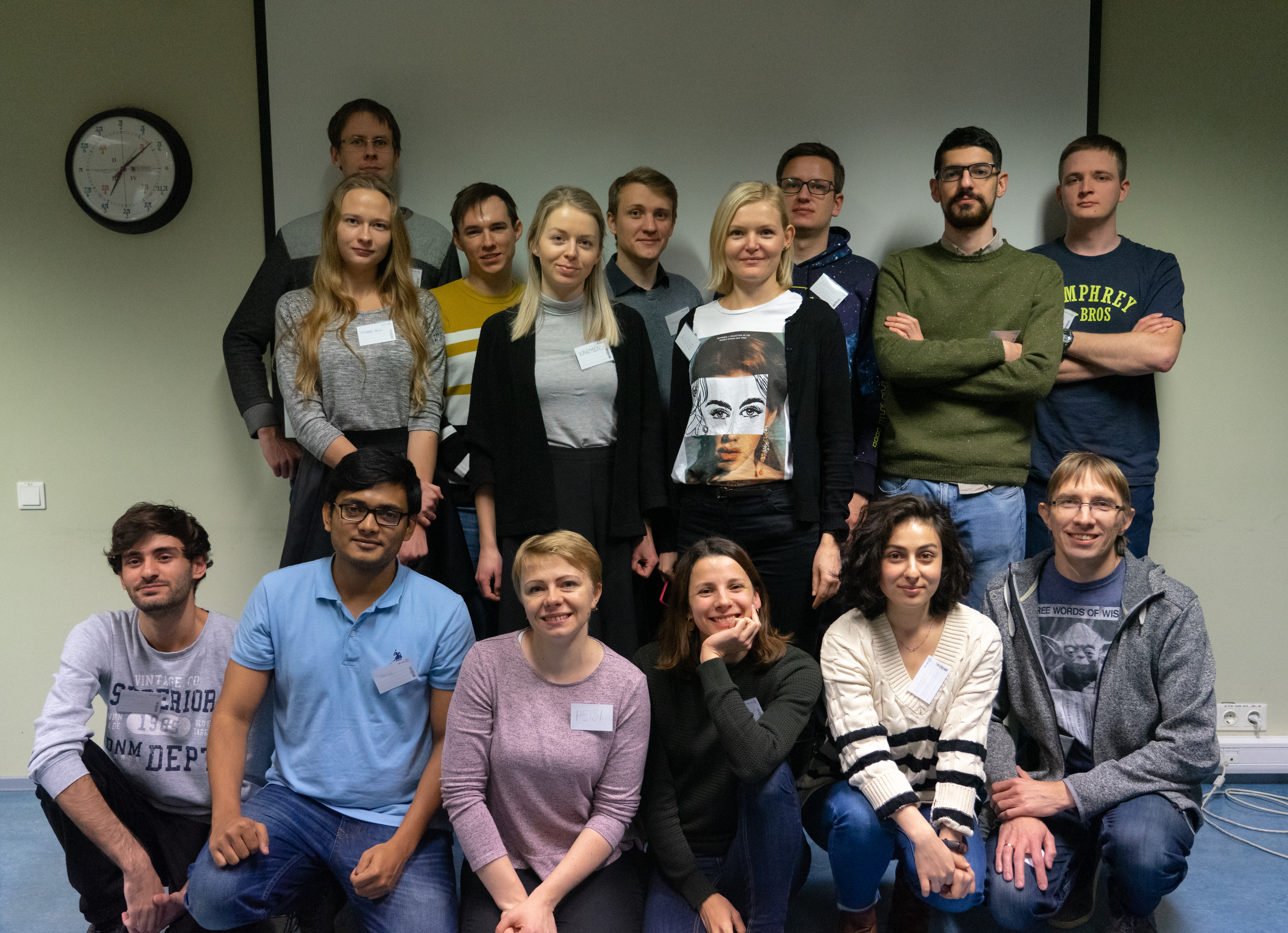On June 7, Mohan Liyanage, who is an assistant in the Chair of Distributed Systems defended his doctoral thesis “A framework for mobile web of things” in which he presents an energy efficient lightweight mobile web service provisioning framework for mobile sensing utilizing the protocols that were designed for the constrained Internet of Things environment.

Over the past years, the internet has evolved from just being the Internet to become the Internet of Things (IoT): the next step in its evolution. IoT is not a single technology and it can be used everywhere from computers, mobile phones, cars, appliances, animals, virtual sensors, that connect and interact with each other over the Internet to function free from human interaction. IoT also aims at increasing the efficiency of various interconnected services and applications, mostly in three domains and are not limited to industry, the environment, and society. The main goal of providing such an environment is to enhance human lives.
Mobile devices like smartphones and tablet PC have now become essential to everyday life. Smartphones are capable of exploiting established communication techniques to interact with sensors and actuators in the vicinity to provide real-time spatial information to remote servers or, directly to the clients via embedded mobile device-hosted Web services (MWS). As a result, developments related to technology seen with the smartphone of today with extended capabilities have motivated research related to the mobile Internet of Things.
Recently developed smartphones enjoy the power of high-performance multi-core mobile CPU and high-speed 3G/4G mobile Internet data transmission services. However, such enhance performances quickly drain the battery power of the mobile device. As such, there have been many attempts to overcome resource-intensive issues seen in the environment related to mobile embedded service provision.
This thesis initially presents an energy efficient, lightweight mobile Web service-provisioning framework for mobile sensing utilizing the protocols that were designed to constrain IoT environment. Lightweight protocols provide an energy efficient way of communication. Yet, systems may face conflicts between the available services due to the limited number of sensing components. To overcome such limitations, Mist Computing (Mist) model, which exploits the computational and networking resources from the devices at the very edge of IoT networks, has been utilized. Reducing the energy consumption of mobile devices, used with mobile Internet-based data transmission and frequent changes of local Wi-Fi gateways are also investigated.
Finally, this thesis highlights the energy conservation of the mobile Web service provisioning, the developed framework, extensively. Several case studies with the use of the proposed framework were implemented on real devices and performances evaluated towards the outcome.
DSpace – https://dspace.ut.ee/handle/10062/63671


